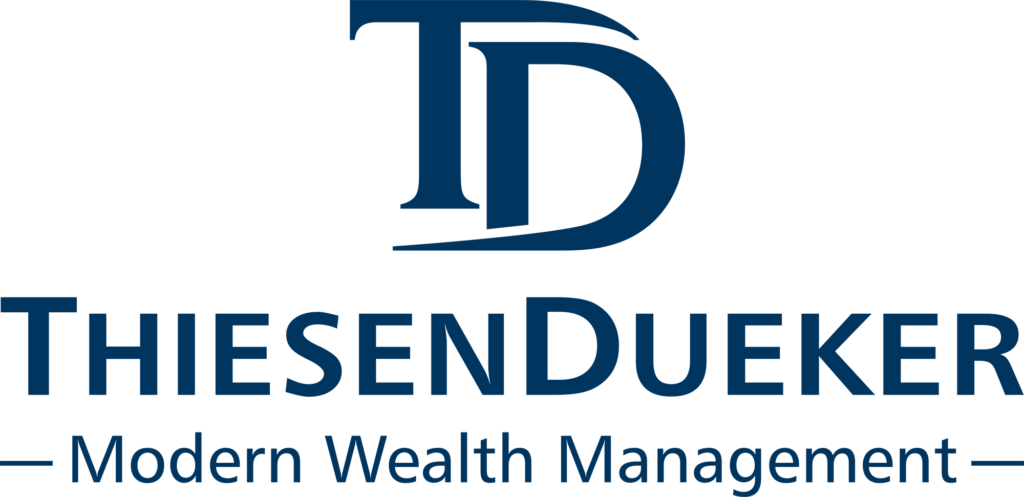Bank of America’s Workplace Benefits Report recently revealed that a whopping 19 in 20 surveyed employers felt responsible for their employees’ financial wellness.1 But because financial wellness is such a holistic concept, discrete steps like increasing employees’ pay or providing extra fringe benefits might not do much to improve their overall economic standing. Instead, it may be just as important for employees to have access to financial wellness and education programs to help them learn more about financial wellness. Here are some tools plan sponsors may give their employees to boost their financial health potentially.
Employee Well-Being Programs Might Boost Productivity
More than half the plan sponsors in Bank of America’s survey reported that providing employees with well-being resources like an employee assistance program (EAP), flexible time-off policies, and access to stress reduction techniques improved productivity. EAPs, in particular, may provide employees with a convenient and confidential way to access legal, personal, and financial assistance when they might need it.
Many EAPs offer access to limited-scope legal representation, like helping employees draft a simple will or file for an uncontested divorce. The EAP may include financial resources like referrals to a financial planner and perhaps a few free or low-cost visits to a therapist. By giving employees help they might need to handle tough times in their personal lives, plan sponsors may improve employees’ abilities to concentrate on work while they are at work.
Expanded Access to Retirement Plans Might Increase Savings Rates
It’s not a secret that many workers—from boomers to millennials and everyone in-between—do not feel financially prepared for retirement. And feeling as though you are already behind the curve may make it even tougher to get motivated to save. Plan sponsors may help employees regain a feeling of some control over their future by providing retirement education options and expanding their access to retirement plans and investments.
Small employers can take advantage of plans like a Simplified Employee Pension (SEP) investment retirement account, SIMPLE IRA, and others that allow small businesses to access low-cost retirement options.2 It may be helpful to provide employees with additional plan options and educate them about what they might expect from their retirement. By teaching them how to handle market turbulence and how to save more easily, plan sponsors may help employees gain investing confidence and improve financial skills.
Important Disclosures:
Contributions to a traditional IRA may be tax deductible in the contribution year, with current income tax due at withdrawal. Withdrawals prior to age 59 ½ may result in a 10% IRS penalty tax in addition to current income tax.
This material was created for educational and informational purposes only and is not intended as ERISA, tax, legal or investment advice. If you are seeking investment advice specific to your needs, such advice services must be obtained on your own separate from this educational material.
All information is believed to be from reliable sources; however LPL Financial makes no representation as to its completeness or accuracy.
1 https://business.bofa.com/en-us/content/workplace-benefits/why-us/latest-insights.html
2 https://www.irs.gov/retirement-plans/plan-sponsor/simplified-employee-pension-plan-sep
This article was prepared by WriterAccess.
LPL Tracking # 1-05202624



